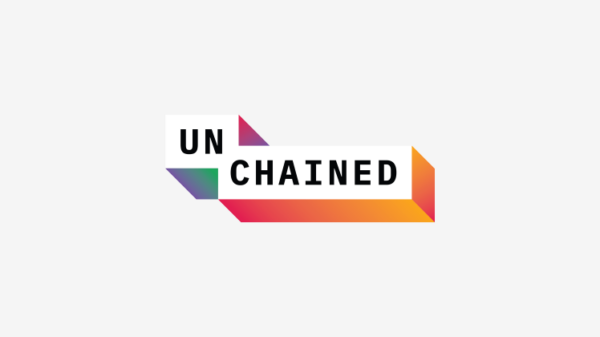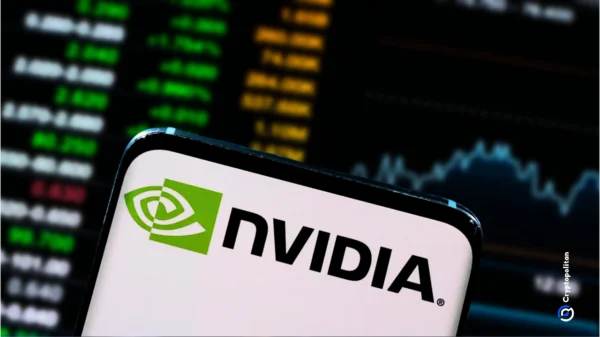In a significant move reflecting shifting regulatory landscapes, Ripple and retail giant Walmart are actively pursuing banking charters. This initiative comes in light of recent regulatory adjustments that encourage innovation while maintaining consumer protection. This pivot aims to enhance their offerings in the financial services sector.
Under the current administration, a more welcoming stance towards cryptocurrency firms has emerged, paving the way for companies like Ripple, Coinbase, and Wise to file for national trust charters. Such charters allow these entities to provide regulated fiduciary services, including asset custody, without engaging in traditional deposit-taking or lending activities.
This year has seen a notable increase in charter applications, with twelve submissions marking the highest activity in nearly a decade. This surge is driven by a growing recognition of the potential of stablecoins, which can function as stable digital currencies linked to fiat values, making them suitable for various transactions.
Retailers like Walmart and Amazon are also exploring stablecoin issuance as they aim to create efficient payment systems that could potentially bypass conventional banking infrastructures. This strategy could significantly disrupt traditional banking models, raising concerns among established financial institutions about the potential loss of market share.
The recent enactment of the GENIUS Act has further influenced this landscape, assigning the Office of the Comptroller of the Currency (OCC) the responsibility of overseeing stablecoin issuers. This act allows new entities to operate as financial institutions without the necessity of full bank charters, fostering partnerships and innovative compliance mechanisms.
Despite these advancements, some banking advocacy groups, including the Bank Policy Institute (BPI), have expressed strong reservations. They argue that the lighter oversight associated with trust charters could pose risks to financial stability, urging regulators to maintain strict controls over applications from Ripple, Wise, and others.
In the past, regulatory hurdles had largely kept banks and crypto firms separate, but recent comments from OCC officials indicate a shift towards integrating crypto activities within the banking system. As the debate continues, industry stakeholders are optimistic that 2025 could usher in transformative opportunities in fintech.
This evolving landscape highlights the urgent need for crypto firms to secure regulatory legitimacy. By obtaining banking charters, companies like Ripple and Coinbase aim to build trust with users and expand their service offerings in a rapidly changing financial ecosystem.















































































